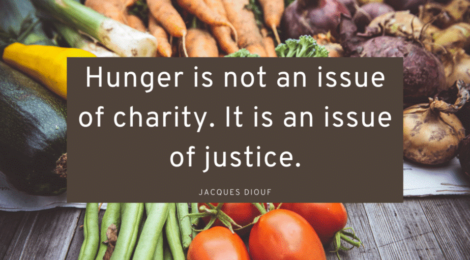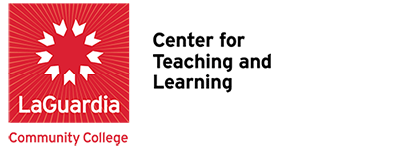
Without Food Justice, We Cannot Have a Just Nation
The year-long CTL seminar, Food Inequity, Insecurity, and Justice, considers the topic of food justice within the context of history, social struggle, and economic systems. Readings and viewings (see partial bibliography) include experiences of immigration and enslavement, exploitation of labor in slaughterhouses and fields, black agrarianism, urban gardening, the Great Migration, culturally relevant food and food pathways, indigenous tribes in the US, and community activism and sovereignty.
In a 2020 interview with Amy Goodman, just after the World Food Programme was awarded the Nobel prize, Ricardo Salvador (quoted in the title above) called upon us to “remember that hunger does not always happen because of natural disasters. It is often the result of things that we do to each other deliberately.” In other words, the inequities of the food system, obscured by power dynamics, result from “exploiting people and nature. “
Collaboratively designed, the Food Justice seminar meets monthly in the fall and spring semesters. Participants integrate reflections upon shared content, personal experience, and the creation and implementation of class, campus, or community activities with analysis of and resistance to food inequity and exploitation. Resistance resources include visits from and readings about activists and organizations such as The Connected Chef, Smiling Hogshead Ranch, Soul Fire Farm, and La Via Campesina. Geographically and culturally diverse, all FIIJ resources, activities, and conversations are “rooted in love, mutual support, and collective care.” (Source: https://www.chicagofoodpolicy.com/blog/apply-to-present-2023-summit)
2022–2023 FIIJians: Ayman Naquavi (CLIP); Susan Dorrington and José Fabara (ELA); Rochell Isaac and Trenton Truitt (English); Kim Mills (Health Sciences); Jaime Riccio and Yakira Nunez (Humanities); Rena Grossman (Library); Claudette Davis, Chris Farley, and Dan Gertner (Natural Sciences); and co-facilitators Chris McHale (Library), Michele Manoukian (CTL), and Rhonda Mouton (LaGuardia CARES).
2021–2022 FIIJians M’Shell Patterson (ACE); Rebekah Johnson and Victoria Somogyi (ELA); Tuli Chatterji, Judith Foster and Dominique Zino (English); Justin Brown and Maureen Doyle (Health Sciences); Chris McHale (Library); Patricia Sokolski (Humanities); Nathan Hosannah (MEC); Alice Baldwin-Jones, Sean Galvin, Dan Mann, Dušana Podlucká, and Victoria Perez-Rios (Social Science); and co-facilitators Nicolle Fernandez (HS); Ryan Mann-Hamilton (SS); Michele Manoukian (CTL); and Rhonda Mouton (LaGuardia CARES).
We wish to acknowledge the important work in food justice undertaken by the LaGuardia Humanities Initiative, the Senate sub-committee on food insecurity, and LaGuardia CARES, and we look forward to inviting interested colleagues to share relevant experiences during FIIJ events planned for mid-winter and spring 2023.



